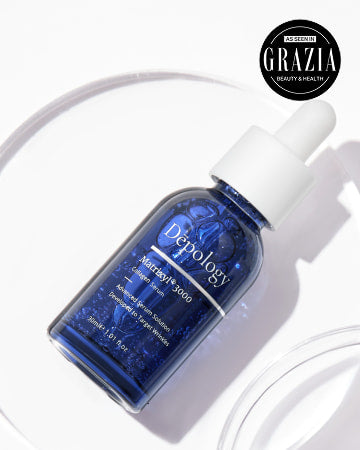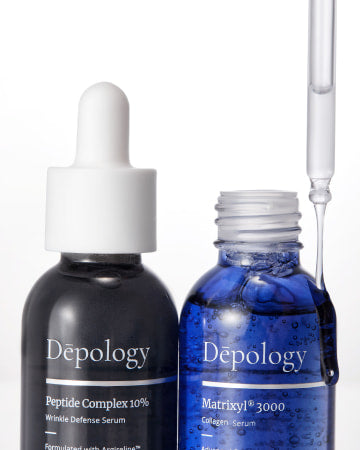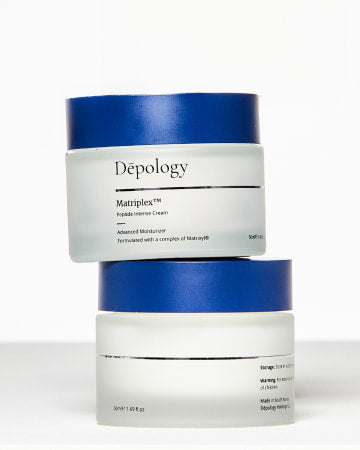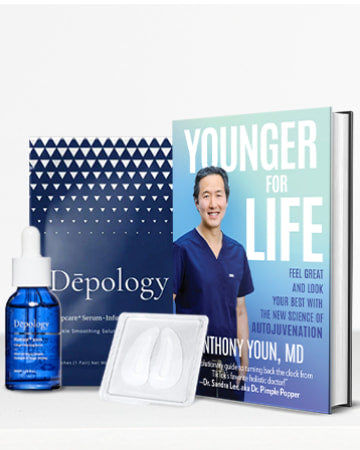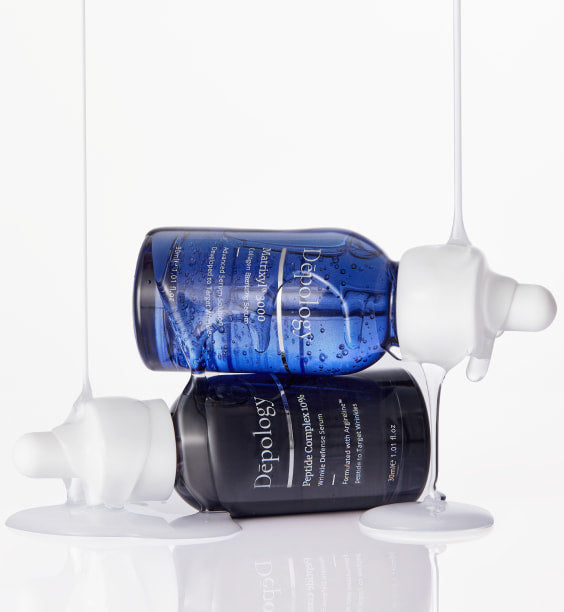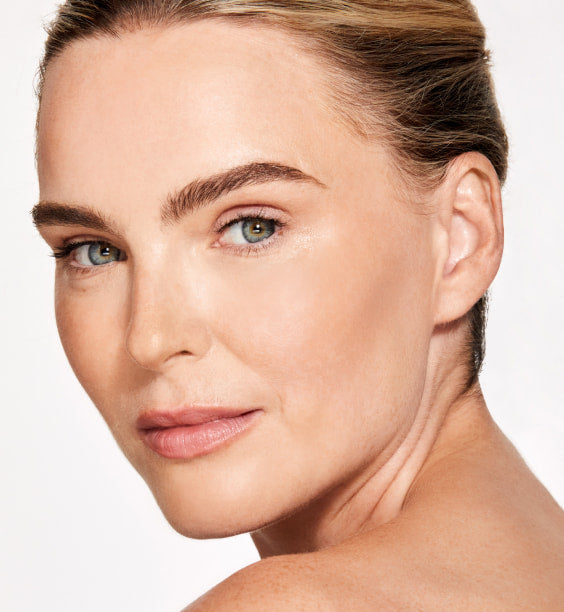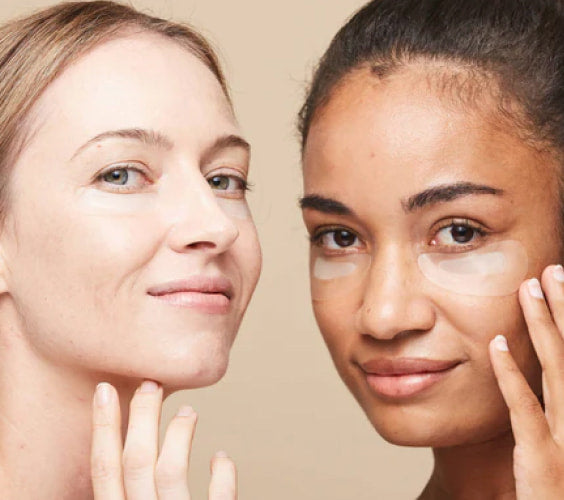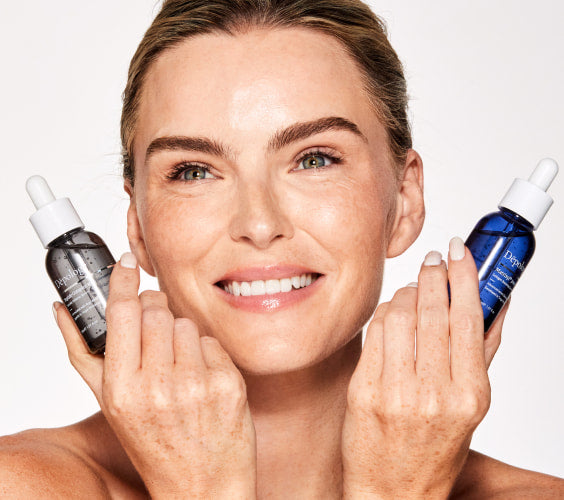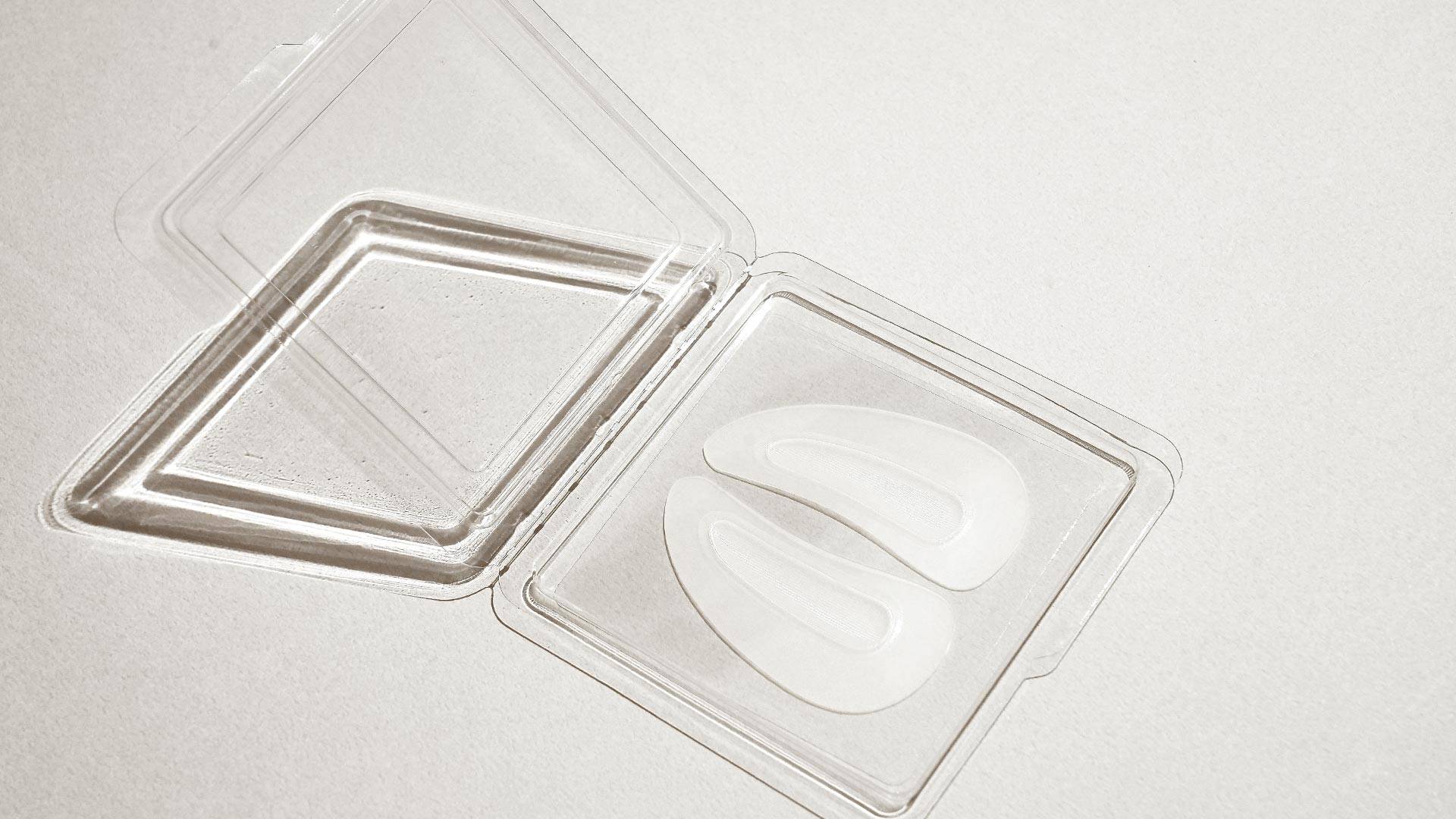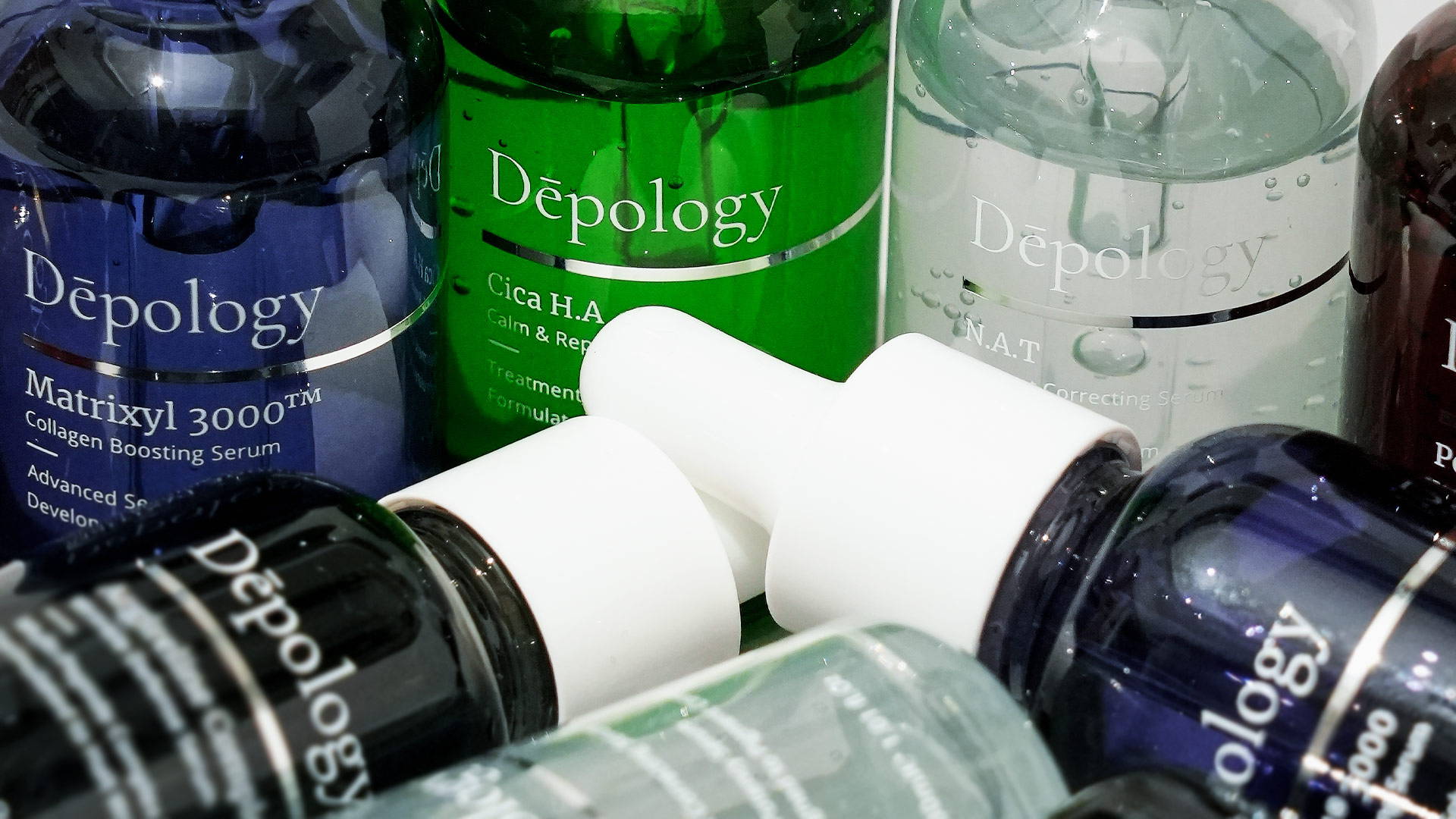
What Skincare Ingredients To Avoid During Pregnancy?
Intro
You received the news. You’re expecting. So, what should you expect? You’re about to go through several hormonal and body transformations over the next several months. Your whole life is about to change as you bring a new life into the world and discover what kind of person they will become. All of this is exciting and it can seem like a lot to process all at once. What will change, exactly? Will you be able to continue with your skincare regimen during pregnancy?
The short answer is yes, and no. Some ingredients are perfectly safe and even encouraged to enjoy during pregnancy while there are others that can truly be harmful to fetal development. This is because while applying certain products during pregnancy, the ingredients absorb not only into your skin but the baby that is developing. Though a majority of over-the-counter products are safe to use without hesitation, it is helpful to be aware of which ingredients to shelve for the next nine months.
Skincare Ingredients To Avoid During Pregnancy
Despite so many modern advancements in medicine and childbirth, more research and data still need to be conducted on humans to fully understand the effects of certain skincare ingredients on fetal development. There have been anecdotal and animal-based studies in the past that have shown negative fetal reactions to certain skincare ingredients.
Though the FDA (Food and Drug Administration) requires all cosmetic products to be deemed “safe” based on specific labeling, most products don’t require FDA approval to actually be sold on the market. As a result, this can make it difficult to fully understand which products are truly “safe” and which should be avoided during pregnancy.
Despite their name and reputation, not all “essential” and “natural” oils are beneficial to use during pregnancy. Some ingredients cause adverse reactions and can be harmful to both the mother and child. Unwanted contractions are able to be triggered if using products containing jasmine and clary sage as active ingredients. If utilizing products with rosemary as a primary ingredient, it can sometimes cause your blood pressure to rise.
If you want to take advantage of the benefits of essential oils while pregnant, most natural products tend to be more diluted, which is overall safer.
Hydroquinone is a prescription product primarily used to brighten the skin and reduce pigmentation. Sometimes, pigmentation or skin discoloration can occur during pregnancy from conditions such as melasma or chloasma. Since the body is able to absorb a significant amount of hydroquinone compared to other skincare ingredients, there has yet to be a direct link that hydroquinone causes birth defects.
Able to be easily absorbed in the skin, parabens are a common preservative found in several cosmetics. Prenatal exposure to these hormone disruptors has been shown to contribute to side effects such as low birth weight, obesity, and in severe instances, miscarriage.
When it comes to pregnancy, retinoids are a huge “no-no” and are probably the most important ingredient to take away from this list. Birth irregularities have been linked to the use of retinoids during pregnancy, especially those containing high doses. These include premature delivery, birth defects, and even miscarriage.
Prescription medications such as tretinoin and isotretinoin contain higher levels of retinoids, while over-the-counter medications like retinol have lower levels of the ingredient.
A common ingredient found in many skincare products, salicylic acid is mostly utilized to treat acne and provide anti-inflammatory remedies. Lower doses of salicylic acid tend to be safer, whereas higher doses during pregnancy should be avoided.
You’re not going to want to limit your sunscreen application during pregnancy, but you are going to want to halt the use of chemical-based sunscreens until your delivery date. Oxybenzone and its derivatives are commonly used YV filters in these sunscreen products. This compound has the potential to disrupt hormones and cause permanent damage to both the mother and child.
Not only are these filters not recommended for pregnancy, but they are also known to be harmful to the environment and food chains. They have also been linked to Hirschsprung disease, which is a birth irregularity that affects the large intestines.
Safe Skincare for Expecting Mothers
Antioxidants are always a green check mark in any skincare book. They are perhaps some of the best ingredients you can apply on your skin and this goes for during pregnancy. These work to protect the skin from sun damage as well as promote collagen production. Any products you notice with Vitamin C, Vitamin E, or green tea as an active ingredient on the label should be in full supply in your skincare cabinet.
Another friendly ingredient expecting mothers will want to become BFFs with is glycolic acid. Similar to salicylic acid, this ingredient helps those who experience conditions such as acne and hyperpigmentation, although this ingredient is far safer to apply during pregnancy.
Though it can be appreciated in several skincare products during those nine months, you’re going to want to limit the application to small doses. If you want to get creative during pregnancy, combining it with azelaic acid can further help diminish fine lines as well as encourage skin brightening.
You’re going to want to ensure your body and skin are staying hydrated, even more so during pregnancy. Not only can getting enough water be helpful for dry skin you may experience, but this will also help the stretch marks fade away once the baby has been born. By frequently moisturizing these zones, it will encourage the stretch marks to increase more naturally with the baby bump during pregnancy.
Since we already went over how chemical sunscreens are bad for both mom, child, and even the planet, it would only be fair to offer an alternative solution. That’s where mineral-based sunscreens come into the formula. Rather than absorbing the sun’s UV rays, mineral sunscreens work by allowing the sun’s harmful rays to bounce off the skin, doing no damage to the skin’s protective barrier. This may be a helpful tip you want to keep handy even once the baby has been born.
Skincare Routines During Pregnancy
It’s important to not make too many drastic changes to your skincare routine as soon as you find out you’re pregnant. Your body is going through a lot of changes, both hormonally and physically, but it’s not all going to happen at once. This should apply to your skincare regimen as well.
Most dermatologists will recommend you introduce new skincare products and ingredients into your pregnancy routine during the third trimester. Particularly during this time, the oil glands become more active in the skin, which allows excess acne to form. This is a prime moment to incorporate some anti-inflammatory ingredients into your routine and combat any side effects you may be experiencing.
Here are a few tips to keep in mind when it comes to skincare during pregnancy:
- Bathe with lukewarm water and gentle cleansers.
- Maintain positive hydration and moisturization levels in the skin.
- Reap the benefits of serums and eye creams (as long as there are no harmful ingredients in the formula).
- Ensure you are applying mineral-based sunscreens before leaving the house during the daytime.
- Applying moisturizers to the hips, thighs, and belly to help with stretch marks is especially beneficial during pregnancy.
Conclusion
It’s going to take a bit of sacrifice, but let’s just call it the first test of motherhood. You’ll still get to enjoy several of your favorite skincare products while ensuring the development of your new addition to the family is healthy.
Those with pre-existing conditions such as psoriasis and eczema can be more prone to side effects during pregnancy than others. It can be helpful to engage in consultations with skincare professionals during pregnancy, especially if you are experiencing symptoms that don’t go away on their own. The health of both you and your baby should always be priority number one.


